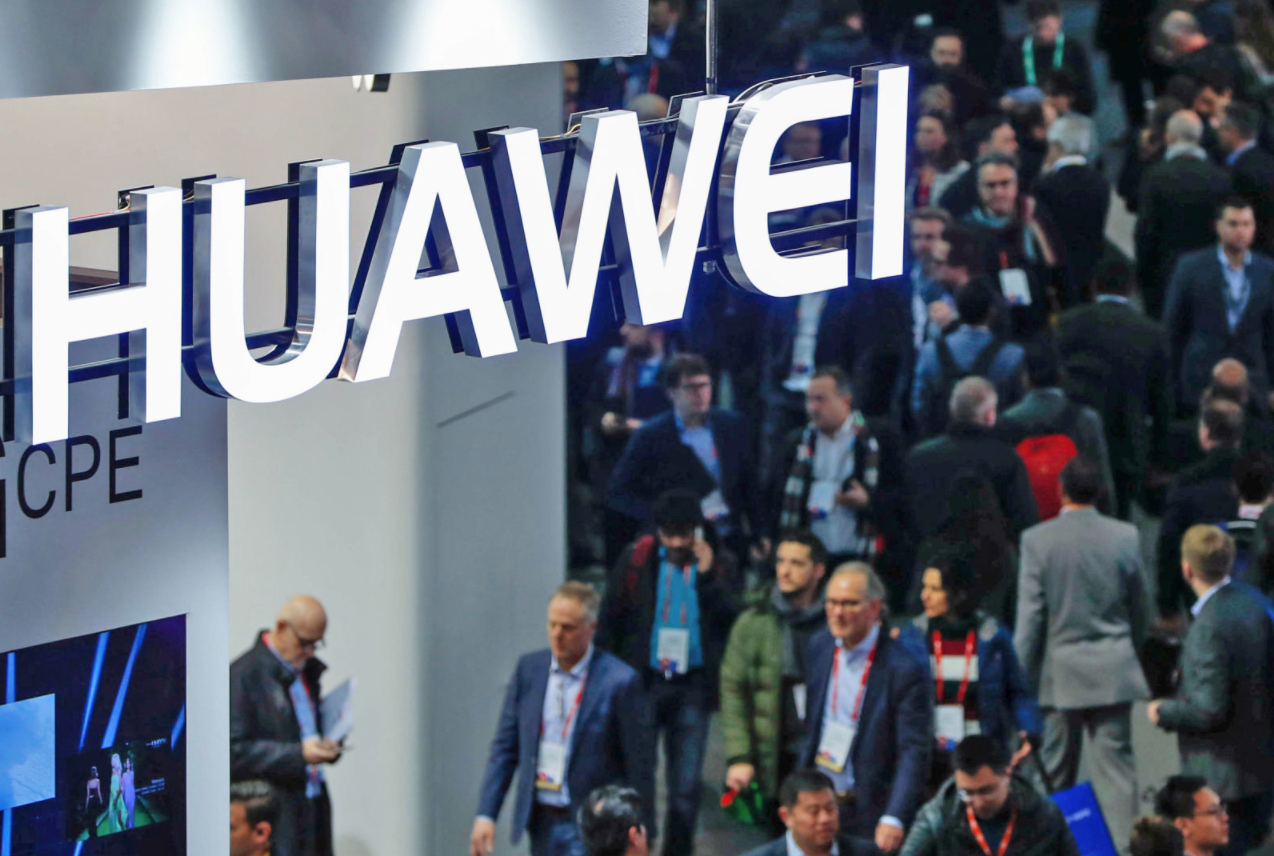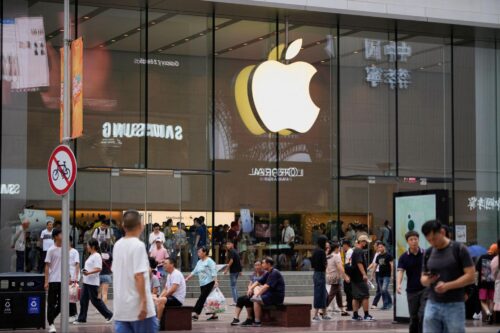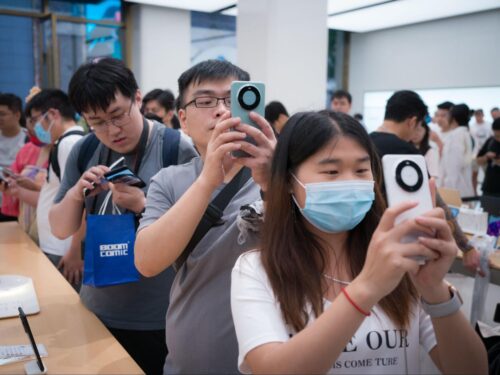Huawei in America and Apple in China
Huawei in America and Apple in China

Tariffs are not the only obstacle to Chinese business in the U.S. Huawei, the world’s largest telecoms equipment manufacturer, has suffered a blow to its overseas consumer ambitions with the decision by American retailer Best Buy to stop selling its products — perhaps the result of more subtle pressures.
- Huawei is the world’s third-largest smartphone maker, but cannot seem to gain a foothold in the U.S. market amid heightened concerns over security. No American carrier offers Huawei phones for sale, and Best Buy stores were “one of the rare places you could see its unlocked smartphones in person,” notes CNET.
- Both AT&T and Verizon gave up on offering Huawei handsets at their stores in the U.S. earlier this year, AT&T because “some members of Congress lobbied against the idea with federal regulators,” Reuters reports.
- For an in-depth look at how Huawei’s success spells fear in the minds of the American lawmakers who are behind the push to keep the company, and others like it, from making further inroads into the U.S., see this reporting from Bloomberg Businessweek. As one Senate Republican put it: “I can’t pronounce their name, but it starts with an H and ends with a W-E-I. Whenever they’re involved, it scares the devil out of me.”
Meanwhile, Apple, which is still ahead of Huawei in the smartphone market for now, also comes under scrutiny on the China side of its business.
- Amnesty International has launched a social media campaign ahead of Tim Cook’s visit to Beijing to raise awareness of recent moves to store Chinese data in local data centers in compliance with new regulations, Reuters reports. As a result, “Chinese authorities will have far easier access to text messages, email and other data stored in the cloud.”
- Reuters also looks at the iPhone as an example of how U.S.-China trade figures can be skewed. By one measure, the iPhone 7 series “added $15.7 billion to the U.S. trade deficit with China last year, about 4.4 percent of the total.” However, most of that is going to suppliers from other countries, including South Korea, Japan, and the U.S., that provide the components for manufacturing the smartphones. The value added by assembly through Chinese contract manufacturers such as Foxconn represents only 3 to 6 percent of the manufacturing cost, the report says.






